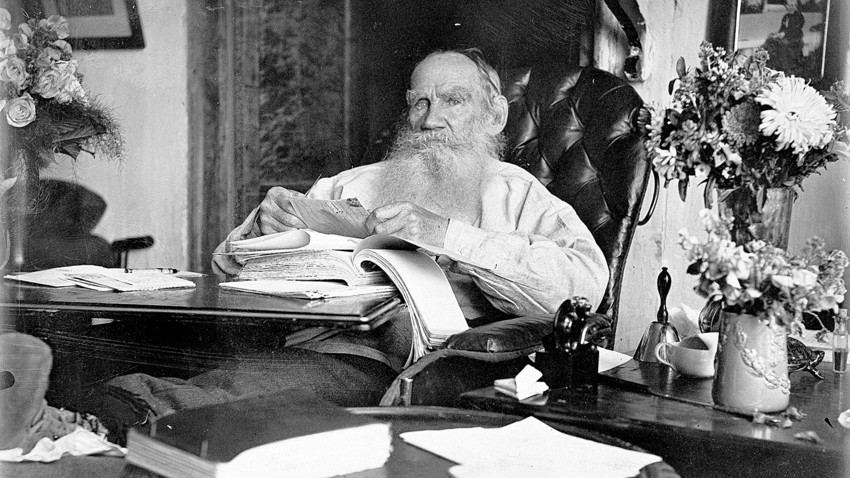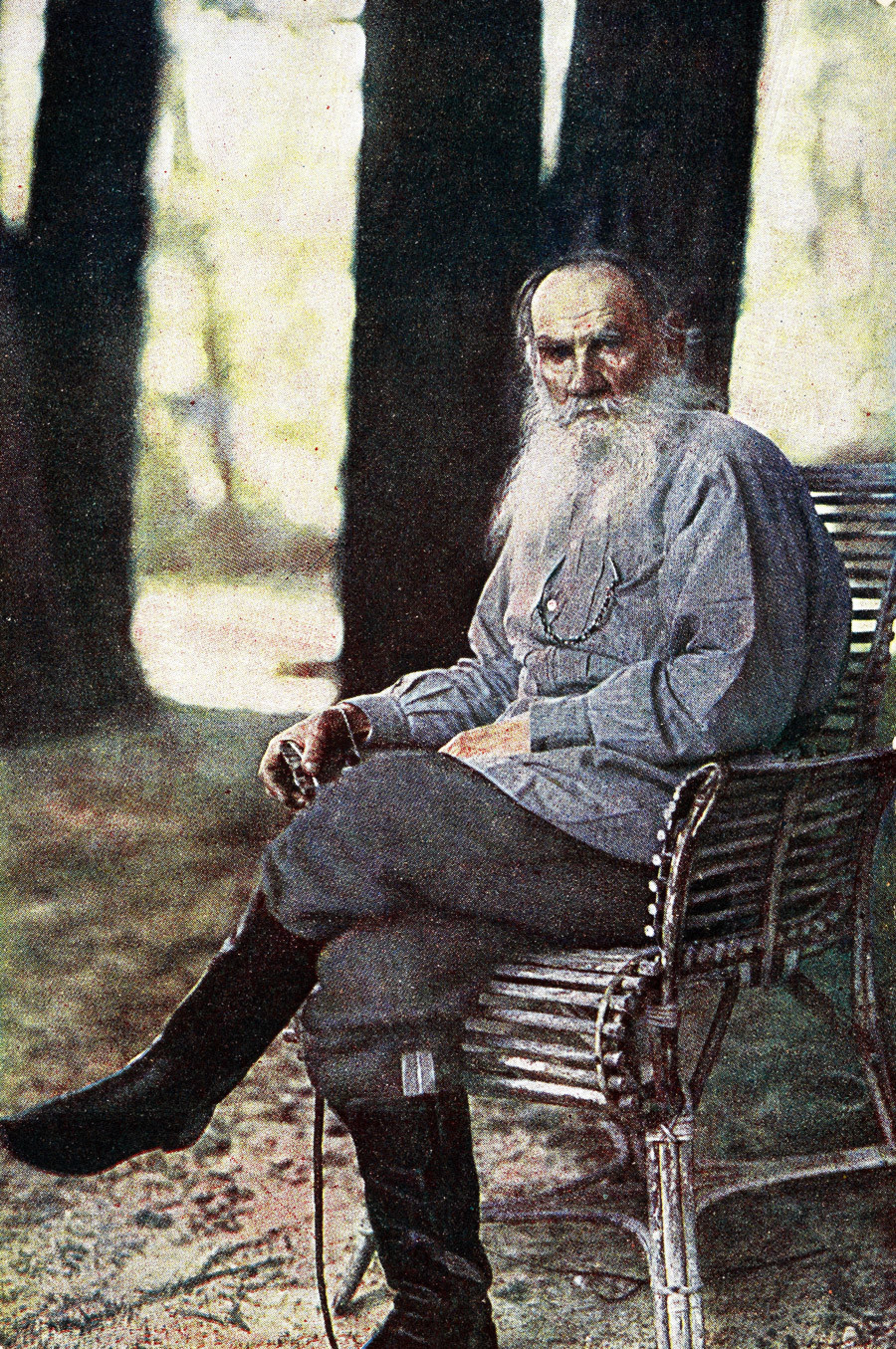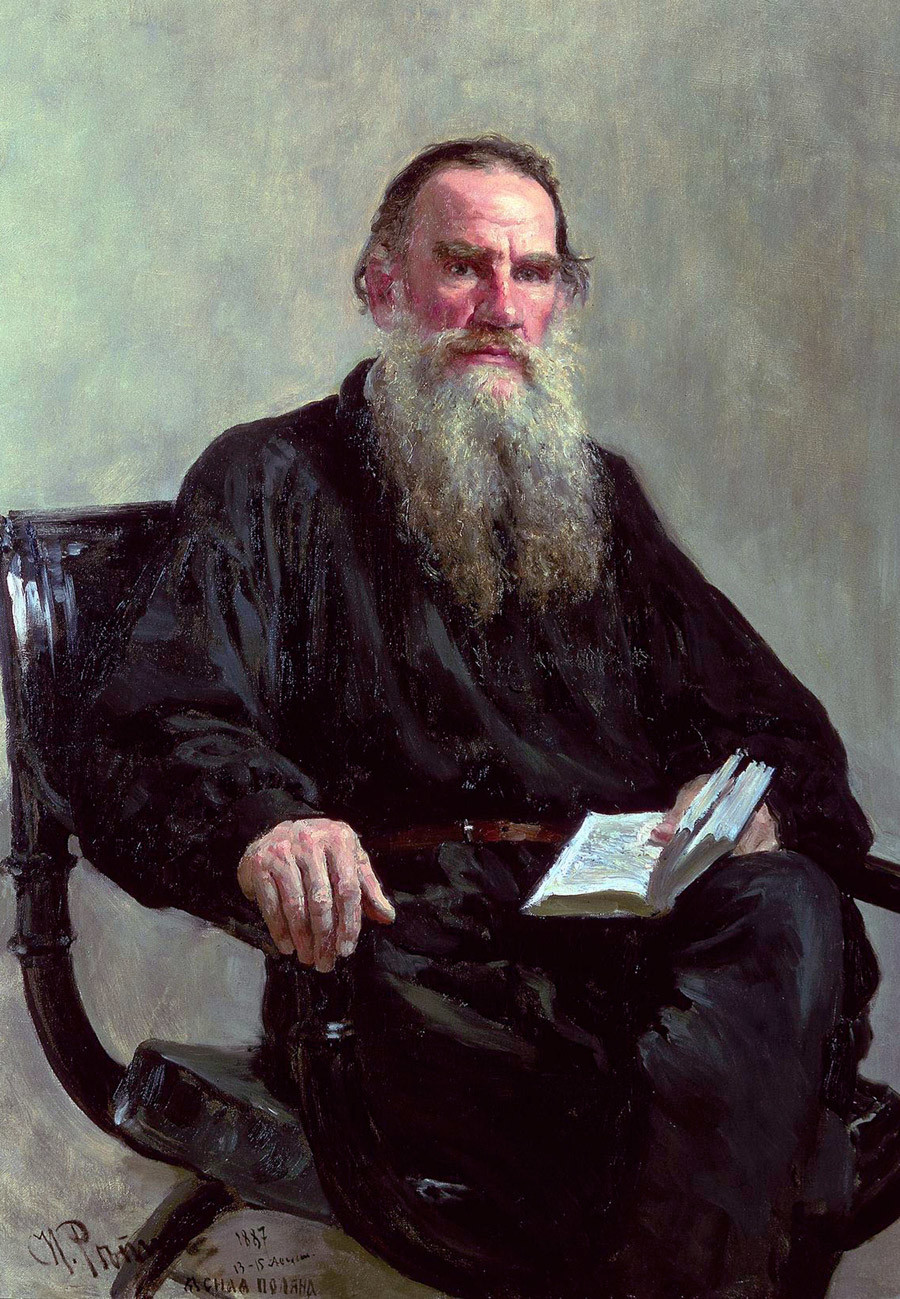25 books Leo Tolstoy strongly recommends adding to your reading list

Leo Tolstoy on his 80th birthday
Getty ImagesWhen Leo Tolstoy read John Lubbock's list of 100 greatest books that was published in 1891 in the Pall Mall Budget magazine, he was not happy and even angry. So, he decided to compile his own list of 100 must-read
It had a wide range of different books, from religious tomes and ancient Greek and Chinese philosophical
Childhood (up to 14 years)
1. Old Testament. Book of Genesis – actually, Tolstoy calls it “The Story of Joseph from the Bible”
2. Arabian Nights, or how it’s known in Russia, One Thousand and One Nights. (Especially Ali Baba and the Forty Thieves, and Tale of Kamar al-Zaman)
From 14 to 20 years
3. The Gospel of Matthew: The Sermon on the Mount – it’s a part of the gospel with choice sayings and teachings by Jesus
4. Confessions by Jean-Jacques Rousseau
5. Eugene Onegin, novel in verse by Russian poet Alexander Pushkin
6. The Robbers, a drama by German playwright Friedrich Schiller
7. Several books by Nikolai Gogol, including the horror story Vyi, The Overcoat, Nevsky Prospect, and of course his most famous work, Dead Souls.
8. David Copperfield, a novel by classic English writer Charles Dickens
9. Hero of Our Time, a novel by Russian writer Mikhail Lermontov

From 20 to 35 years
10. Hermann and Dorothea, the verse epic by German writer Johann Wolfgang von Goethe
11. Notre Dame de Paris (a.k.a. The Hunchback of Notre-Dame), acclaimed novel by French writer Victor Hugo
12. The Odyssey and The Iliad by Homer (in translation)
From 35 to 50
13. The Odyssey and TheIliad by Homer (in Greek)
14. Les Misérables, another historical novel by Victor Hugo
15. Chronicles of Barsetshire by Anthony Trollope
16. Novels by English writer Mrs. Henry Wood (we assume Tolstoy meant most of all East Lynne)
17. Novels by George Eliot (Tolstoy was angry at John Lubbock for naming only authors and not particular works; here, Leo does the same…)

From 50 to 63
18. All the Gospels in Greek (why not?)
19. Book of Genesis in Hebrew (haven’t you learned both languages yet? Tolstoy wouldn’t be happy to know that)
20. Progress and Poverty, nonfiction book by American economist Henry George
21. The Pensées ("Thoughts") by Blaise Pascal
22. Epictetus – probably anything by this ancient Greek Stoic philosopher
23. Confucius – probably The Analects – and his successor Mencius
24. The Great Initiates by Édouard Schuré (the part about Buddha greatly influenced Tolstoy, and after reading it he started to gather works on Buddha and wrote his own essay, The Buddha). Read more about the influence of Buddhism and Hinduism on Tolstoy’s life
25. The Tao Te Ching by Laozi (Tolstoy was among the first translators of Laozi into Russian).
Read more: Leo Tolstoy’s 10 hobbies that prove he was a hipster
If using any of Russia Beyond's content, partly or in full, always provide an active hyperlink to the original material.
Subscribe
to our newsletter!
Get the week's best stories straight to your inbox